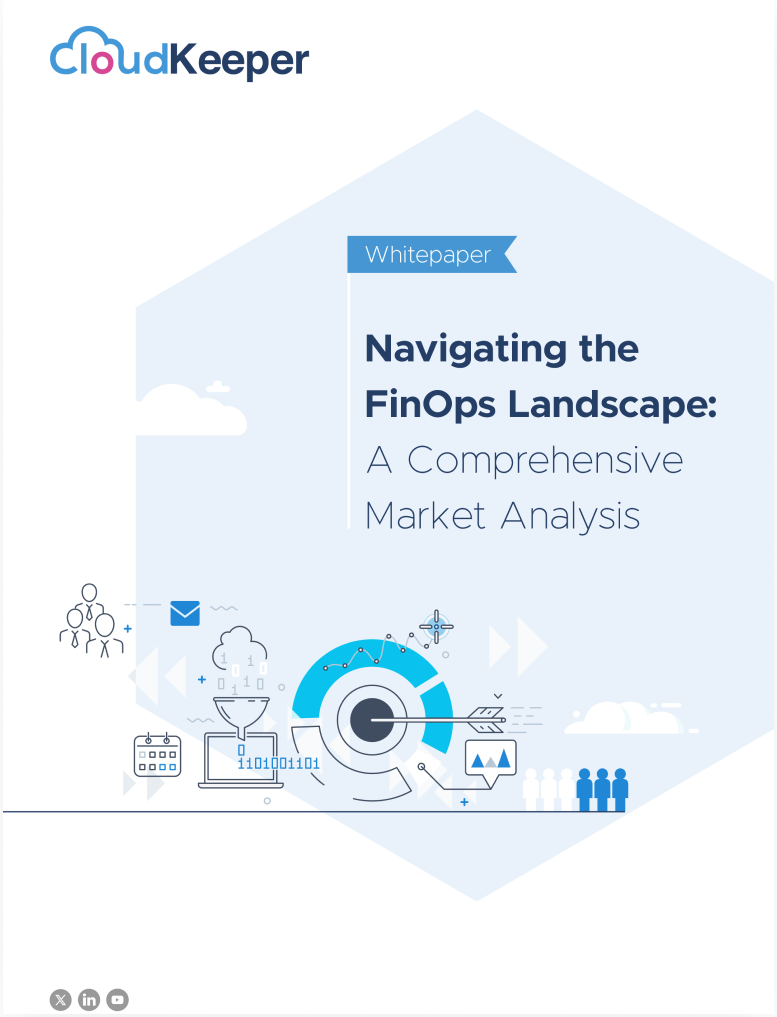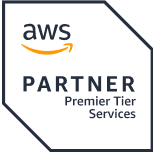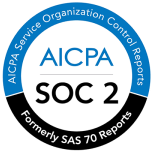Why is FinOps Crucial?
In this era of a multi-cloud, there is constant pressure on the CIOs to deliver more for less at a very fast pace. The emergence of multiple teams and organizational complexities has pushed the need for cross-functional collaboration to drive end-to-end cost management. This is where FinOps plays an extremely crucial role.
FinOps, which is widely known as a portmanteau of “Finance” and “DevOps”, adds accountability to cloud spending in a digital-first world. It is a cultural practice that enables cross-functional collaboration between multiple teams to manage cloud costs and helps drive a perspective across the teams in terms of cost of delivery and transparency in the usage of resources.
FinOps goes beyond just the cost of tools or the cost of applications, rather it's a holistic and disciplined approach to drive transparency and evaluate the value being extracted from money spent.
Why Cloud Cost Optimization has become more important than ever?
With the COVID-19 pandemic, many enterprises have moved to virtual operations for employees and online experiences to operate smoothly, innovate faster, collaborate more broadly, and reduce costs. Despite this, many IT leaders are wondering why even after transferring so many workloads to the cloud, savings are not yet evident.
Well, to find out the reason behind this businesses need to take a closer look at their practices. A few of the key reasons that could be obstacles in your cloud cost optimization journey:
- Performing traditional show back and chargeback activities
- Only relying on public cloud providers for data on cloud spend and ROI
- Not having the right team and key stakeholders in place leads to inefficient tracking and control
- Lack of financial governance due to misalignment between business, finance, and IT team
- Not optimizing your infrastructure model as per the needs of the cloud
The language of business is finance, hence it's extremely important to have the right team on board early and have a FinOps strategy in place to help you scale in your cloud cost optimization journey.
Now, let's have a look at key considerations that help reduce the cost of the cloud.
Leverage Tagging to Organize Cloud Costs:
A well-defined cloud tagging strategy can be the backbone of a cloud governance system. Tagging cloud resources help build accountability among different teams and give a clear picture of cloud spend and usage across different functions. An organization can assign tags based on what aspects of cloud spending the business wants to view and make the most effective use of cloud infrastructure.
It's a good practice to segregate people into multiple teams who are using one common account in case there are many people involved which makes it unmanageable and leads to over utilization. The different teams should be made responsible for different accounts. And, then decide on a baseline number, and in case of any anomaly is found, the responsible team should justify the reason for that. This eventually makes account management much easier giving a clearer picture of the “where” and “why” of the spend.
Adopting the Right Strategy to Transit from a Traditional model to a Cloud-based model:
Cloud models are more customer-centric than traditional models, but they must be implemented with the right steps and strategies. In the pandemic, the customer engagement model has changed, therefore, moving to an agile approach in business strengthens the relationship with customers. With the cloud operating model, we get flexibility like cost transparency, applying analytics to the data sets, having a centralized DevOps principle, and many other factors that are driving business awareness which the traditional model lacks.
It is therefore of utmost importance to have a plan, strong leadership, and technical expertise to optimize your infrastructure as per the new model when shifting to a cloud-based model. Furthermore, it is advisable to collaborate with a technology partner that can assist you in seamless migration.
Perform Budget Forecasting:
Budget forecasting helps you avoid unwanted surprises in your bills to a certain extent. However, to perform budget forecasting it is important to have the right people in place. Instead of only involving finance to discuss cloud costs, invite different stakeholders including developers, system operators, DevOps specialists, and anyone who affects cloud costs. It is a collaborative approach between business, finance, and engineering.
Finally, analyze the past patterns and align your decision with what’s lying ahead which includes your upcoming business initiative and business strategy. As we say data is stubborn, always back your decision with data.
Keeping up with the Ever-Changing Information:
With large chunks of information and options available for cloud platforms, this becomes a challenge to keep up with updated information and processes set in place. First and foremost, to overcome it is extremely important to have a good tool foundation. Secondly, decide the stakeholder who will be accountable for collecting and updating the right information. Understand that the goal here is better decision-making, optimized opportunities, and continuous improvement, hence have a pragmatic approach and be agile enough to counter any challenges through strong leadership and team.
Consider Investing in a Cloud Financial Management Solution:
We know that only relying on public cloud providers for data on cloud spend and ROI isn't enough for you to scale as the environment increases in size and complexities. Thus, it is a good idea to invest in a third-party cloud cost management solution that gives you a deeper view of budget management, tagging strategies, detailed dashboard and reporting, trend analysis, etc, which eventually helps you make informed buying decisions, and avoid money wastage and controlling over-consumption.
As per ISG Report, CloudKeeper is one of the very few solution providers who have proven capabilities and scale in providing FinOps solutions using a combination of platform and cost optimization services. We offer savings, software & services all bundled in one solution. To explore how CloudKeeper can simplify your finops journey talk to our experts today.









